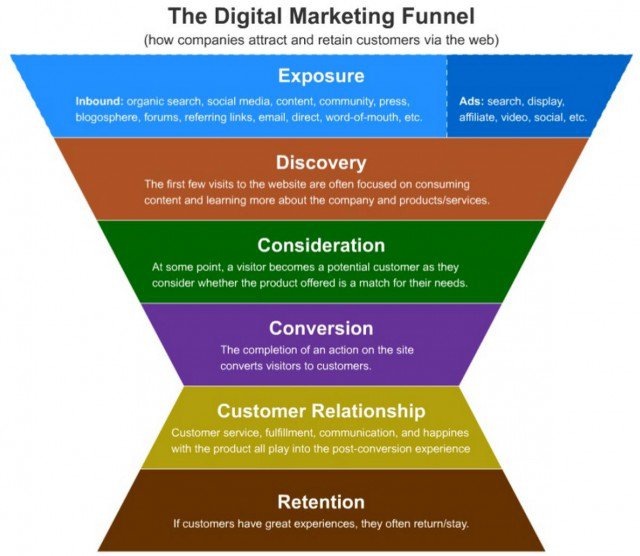- 5% increase in customer retention increases profits by 25% to 95% (Harvard Business Review)
- 6-7x more costly to acquire a new customer than retain a current one (Bain & Co.)
- Just 42% of companies are able to measure Customer Lifetime Value (Econsultancy)
There are many reason why customer retention is important. Perhaps most important is the value of retained customers over time.
Customer Lifetime Value is the dollar value of a customer relationship based on the present value of the projected future cash flows from the relationship.
It pays to calculate Customer Lifetime Value. It’s one of the most important metrics for a business.
To show why, here are 12 big business benefits of Customer Lifetime Value.
- LARGEST BUSINESS ASSET: Customer Lifetime Value provides an exact figure for the company’s largest asset. The calculations enables you to follow the progress over time and to intervene if events start moving in the wrong direction.
- CUSTOMER SEGMENTATION: Customer Lifetime Value enables your business to classify different customer groups and different potential customer groups by long term profitability. So you can decide whether it’s worth it to change market strategy or not.
- EARLY WARNING SIGNS: Customer Lifetime Value can be used as an early warning system to detect defection rates. It identifies in which segments the problem originates so actions can be taken to correct the cause.
- COMPLAINT MANAGEMENT: If a customer complains about a serious problem, Customer Lifetime Value can help front-line employees decide what action to take immediately and how much to invest to solve the problem.
- WIN-BACK CUSTOMERS: A customer that a company wins back has a different Customer Lifetime Value before and after recovery (win-back). Often, second CLV is better than the first CLV.
- UP-SELL AND CROSS-SELL: Two fundamental tactics in any marketing program are to up-sell and cross-sell. But which one should to do? When? And to what segment? Customer Lifetime Value can give you a good idea of the return to expect to guide decisions and investments on up-sell and cross-sell.
- AUTOMATE INTERNAL PROCESSES: Ask a company what keeps them from maintaining better customer relationships, and their response will probably include something along the lines of “we don’t have enough time,” or “we’re too busy with daily tasks and processes.” Knowing Customer Lifetime Value can help a company determine if investments into Marketing Automation software are worthwhile.
- BRAND LOYALTY: Products and services may be easy for competitors to copy, but a company that is good at creating customer loyalty is less vulnerable to attacks from competitors. Loyalty is much more difficult to copy.
- BALANCE SHORT TERM RESULTS AND LONG-TERM GOALS: Customer Lifetime Value enables better decision making when having to weigh the competing needs of short-term profitability and longer term goals.
- QUANTIFY CUSTOMER SATISFACTION: Many businesses rely on a customer satisfaction scores to guide interactions and explain business results. Customer Lifetime Value puts an amount to the increase or decrease the customer satisfaction scores represents.
- LEAD GENERATION: Most CMOs really don’t know and even fewer CEOs know “what’s a lead worth”? When you know Customer Lifetime Value, you understand your lead-to-customer conversion rate and exactly how much a lead is worth. And how much you should be willing to spend on new leads.
- RETURN ON INVESTMENT (ROI): Any company has only limited resources. It is natural to want to use them for customers that bring them maximum profits. If you know the cumulative cash flow a particular customer, Customer Lifetime Value helps determine how much should go into retaining a customer to maximize ROI.
These benefits show just how valuable the calculation of Customer Lifetime Value can be. But, in the end, it is a calculation. To put the business building benefits of Customer Lifetime Value to work, people have to take action.
Do these benefits prove the value of Customer Lifetime Value to you. How would you put Customer Lifetime Value to work on your business? Does your company help calculating Customer Lifetime Value?





